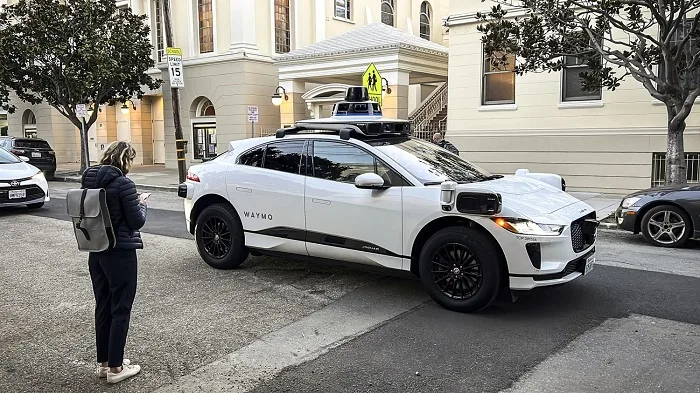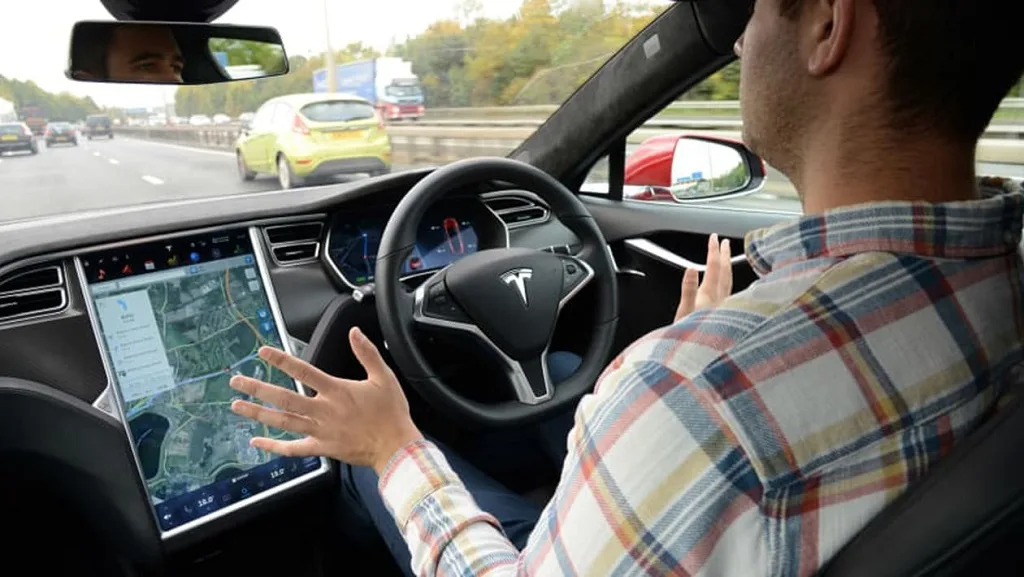Self-Driving Car Technology Review

The implementation of self-driving cars can address several societal challenges. One of the primary problems it can solve is the high rate of traffic accidents. According to the World Health Organization, approximately 1.3 million people die each year due to road traffic crashes. Autonomous vehicles can significantly reduce these numbers by eliminating human errors such as distracted driving, speeding, and impaired driving. Additionally, self-driving cars can alleviate traffic congestion in urban areas by optimizing route planning and reducing the number of vehicles on the road. This can lead to lower emissions and a decrease in the environmental impact of transportation.
How Self-Driving Technology Works
Autonomous driving technology operates through a combination of hardware and software systems. The vehicle’s sensors collect data about its surroundings, including the position of other vehicles, pedestrians, and road conditions. This data is then processed by the onboard computer, which uses algorithms to interpret the information and make real-time decisions. For instance, if a pedestrian is detected crossing the street, the system will calculate the safest and most efficient way to avoid a collision. The potential of this technology is immense, offering significant benefits in terms of safety, efficiency, and convenience. Self-driving cars can reduce the number of traffic accidents caused by human error, optimize traffic flow, and provide mobility solutions for individuals who are unable to drive, such as the elderly or disabled.
Problems Solved by Self-Driving Cars
The implementation of self-driving cars can address several societal challenges. One of the primary problems it can solve is the high rate of traffic accidents. According to the World Health Organization, approximately 1.3 million people die each year due to road traffic crashes. Autonomous vehicles can significantly reduce these numbers by eliminating human errors such as distracted driving, speeding, and impaired driving. Additionally, self-driving cars can alleviate traffic congestion in urban areas by optimizing route planning and reducing the number of vehicles on the road. This can lead to lower emissions and a decrease in the environmental impact of transportation.
Current Applications of Self-Driving Cars
Currently, self-driving car technology is being utilized in various applications. For example, Waymo, a subsidiary of Alphabet Inc., has been operating autonomous taxi services in select cities in the United States. These vehicles provide convenient and efficient transportation options for residents and visitors. Tesla’s Autopilot system, available in many of its models, offers advanced driver-assistance features that allow for semi-autonomous driving on highways. Furthermore, autonomous trucks are being tested for long-haul freight transport, which could revolutionize the logistics industry by improving efficiency and reducing costs.

Future Applications of Self-Driving Cars
There are still numerous areas where self-driving car technology can be further applied. One promising area is in the field of public transportation. Autonomous buses and shuttles could provide reliable and cost-effective solutions for mass transit, especially in areas with limited access to public transportation. Additionally, self-driving technology can be integrated into emergency response vehicles, such as ambulances and fire trucks, to improve response times and enhance the safety of emergency personnel. Another potential application is in the agricultural sector, where autonomous tractors and machinery can increase productivity and precision in farming operations.
The Promise of Self-Driving Car Technology
The future of self-driving car technology is highly promising. As the technology continues to advance, we can expect to see further improvements in safety, efficiency, and accessibility. The ongoing development of AI and machine learning algorithms will enhance the decision-making capabilities of autonomous vehicles, making them even more reliable and adaptable to various driving conditions. Moreover, the widespread adoption of self-driving cars has the potential to transform urban planning and infrastructure, leading to smarter cities and more sustainable transportation systems. Overall, self-driving car technology holds great promise for the future, offering numerous benefits to society and revolutionizing the way we travel.
